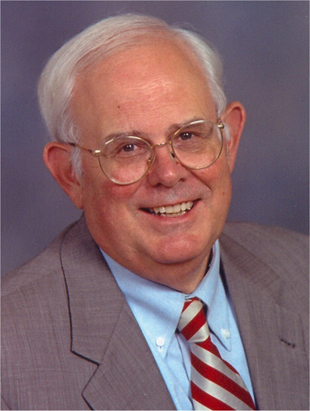Amanda Ripley’s Believe it or Not | Eastern North Carolina Now
The subject was compelling, the issue timely and the conservation was sometimes provocative at this year's Emerging Issues Forum focusing on teachers and the great economic debate.


|
France votes Suday
Published: Saturday, June 29th, 2024 @ 7:59 am
By: John Steed
|
|
All of Biden campaign money would go to Kamala Harris
Published: Friday, June 28th, 2024 @ 9:38 pm
By: John Steed
|
|
caging the admnistrative state
Published: Friday, June 28th, 2024 @ 11:14 am
By: John Steed
|
|
Jill BIden and Obama may be the key
Published: Friday, June 28th, 2024 @ 10:57 am
By: John Steed
|
|
Parts of the gag order against former President Donald Trump in his New York hush money case were lifted by Judge Juan Merchan on Tuesday, just two days before Trump is set to square off against President Joe Biden in the first debate of the election season.
Published: Friday, June 28th, 2024 @ 10:35 am
By: Daily Wire
|
|
like CNN previously did to Hillary Clinton?
Published: Friday, June 28th, 2024 @ 9:01 am
By: John Steed
|
|
they are still bitter over 2020 primary
Published: Friday, June 28th, 2024 @ 7:01 am
By: John Steed
|
|
rating by major economic issue PAC Club for Growth
Published: Thursday, June 27th, 2024 @ 8:49 am
By: John Steed
|
|
1,500 Tajiks have come in under Biden, compared to 26 over past 14 years
Published: Wednesday, June 26th, 2024 @ 5:19 pm
By: John Steed
|
|
rarely used procedure can go around Garland refusing to prosecute himself
Published: Wednesday, June 26th, 2024 @ 1:51 pm
By: John Steed
|
|
'I am a white male and that’s not who they’re looking to promote at the moment,' the man told an undercover journalist.
Published: Wednesday, June 26th, 2024 @ 8:55 am
By: Daily Wire
|